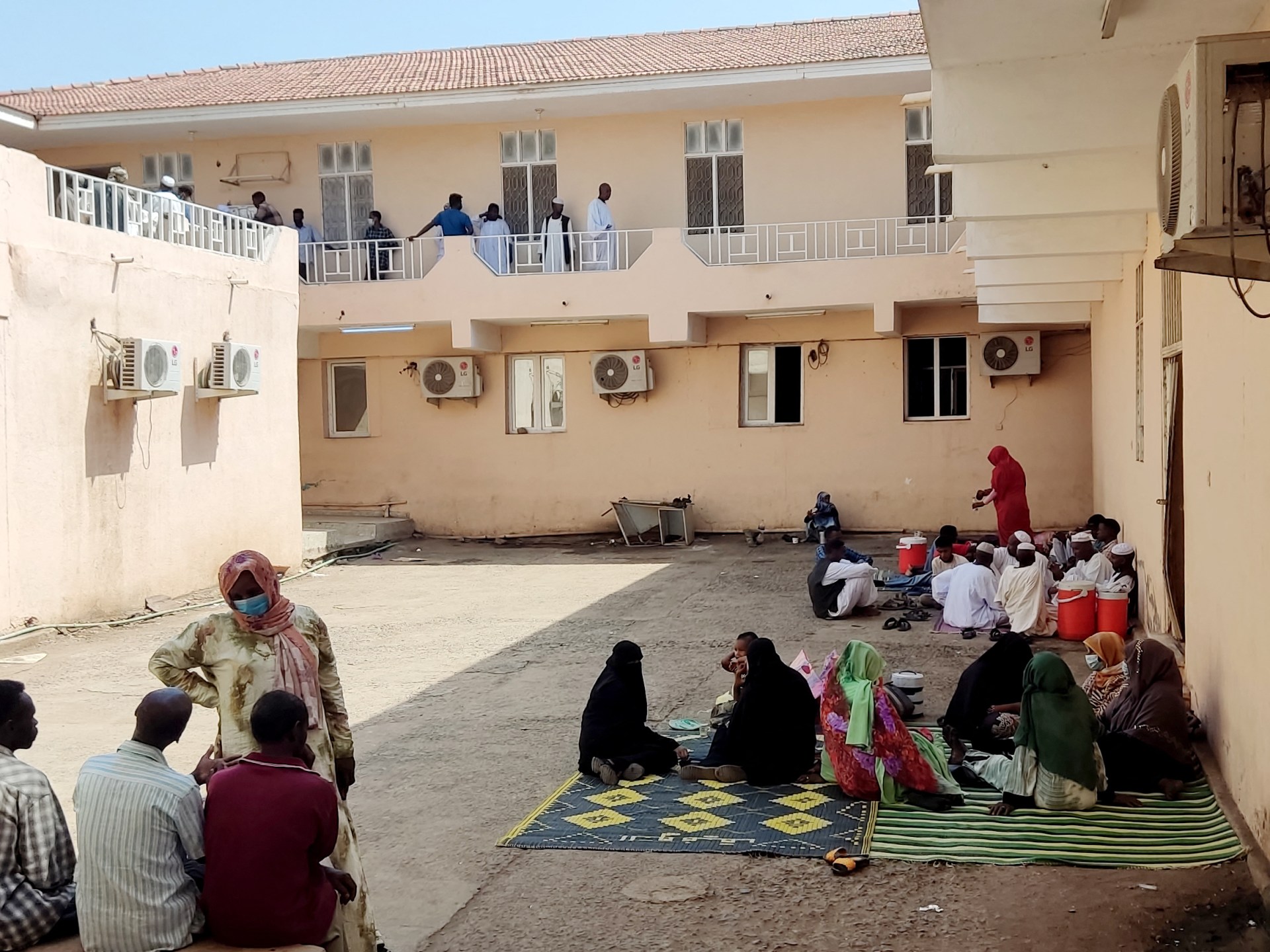Sudanese medical sources reported that 18 people have died and 265 have contracted cholera in Gedaref state, while medics have warned of outbreaks of cholera and dengue fever across the country as monsoon rains begin and the effects of war on the health system there.
The Sudanese Medical Association reported that 3,398 cases of dengue fever were recorded in the states of Gedarif, the Red Sea, North Kordofan and Khartoum from mid-April to mid-September.
The statement pointed out that this number constitutes only the tip of the iceberg, which is much lower than the suspected cases of infection and those who were buried without registration, noting that several factors contributed to the spread of these diseases, including water pollution, unburied bodies and lack of medical services.
Health authorities confirmed that the first case of cholera was detected in the eastern state of Gedaref in late August, the first since clashes erupted between the Sudanese army and the Rapid Support Forces in mid-April.
Residents in Gedaref state also told Reuters that dengue, malaria, cholera and diarrhoea were spreading partly due to a lack of rainwater drainage and overcrowded health care facilities due to the arrival of displaced people from Khartoum.
These diseases exacerbate the suffering of the Sudanese in light of the battles raging for more than 5 months, and their impact on the health system, which was already under pressure even before the fighting began, in addition to the exposure of dozens of health facilities to attacks that led to the outage of a number of hospitals.
At a time when international relief efforts in Sudan are underfunded, the war has driven more than 4.2 million people to flee their homes and some 1.2 million across to neighbouring countries.
The United Nations said last week that more than 1200,<> children had died from suspected measles and malnutrition in camps for displaced people in White Nile state, while cholera, dengue fever and malaria pose a threat across the country.

